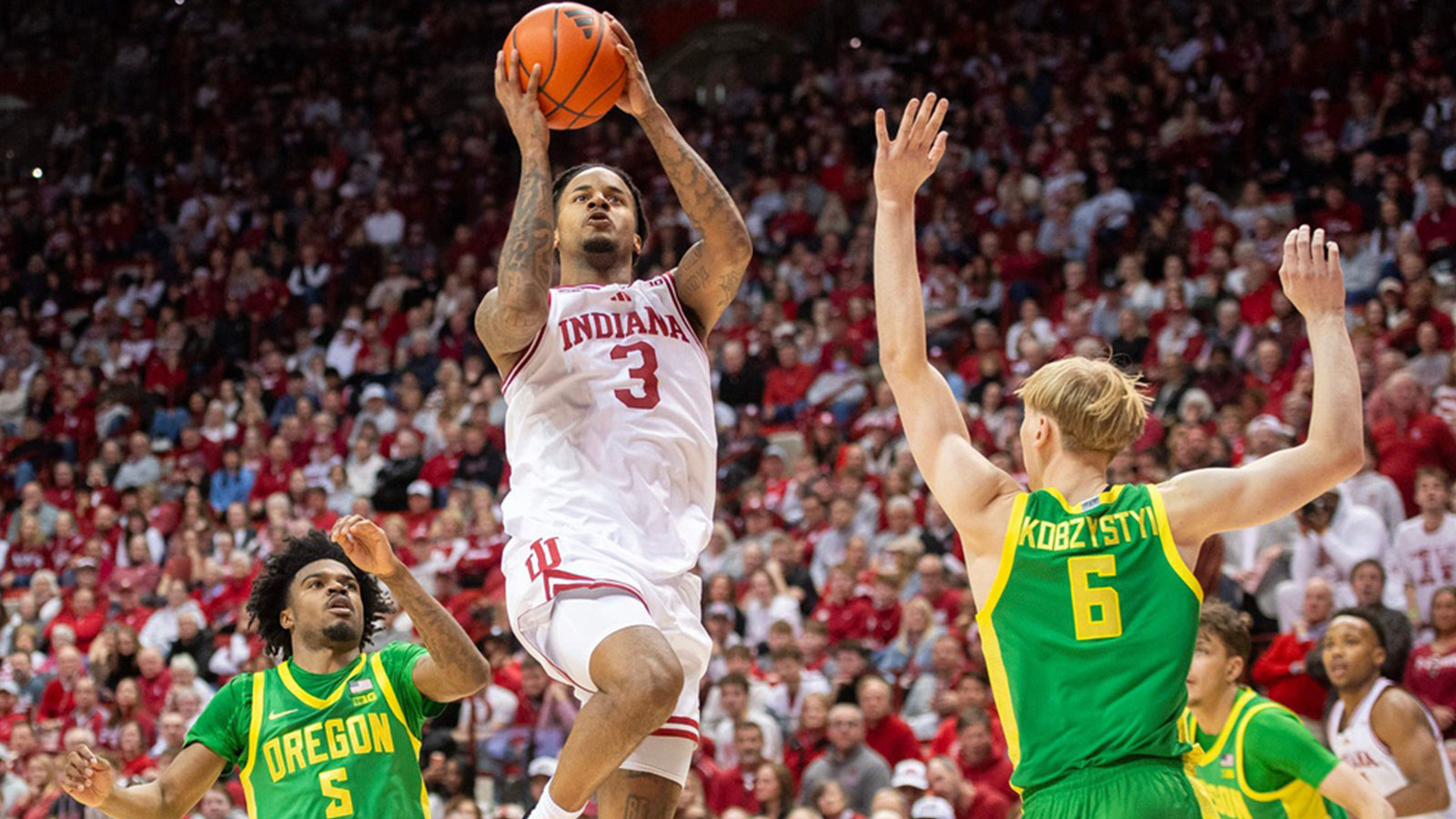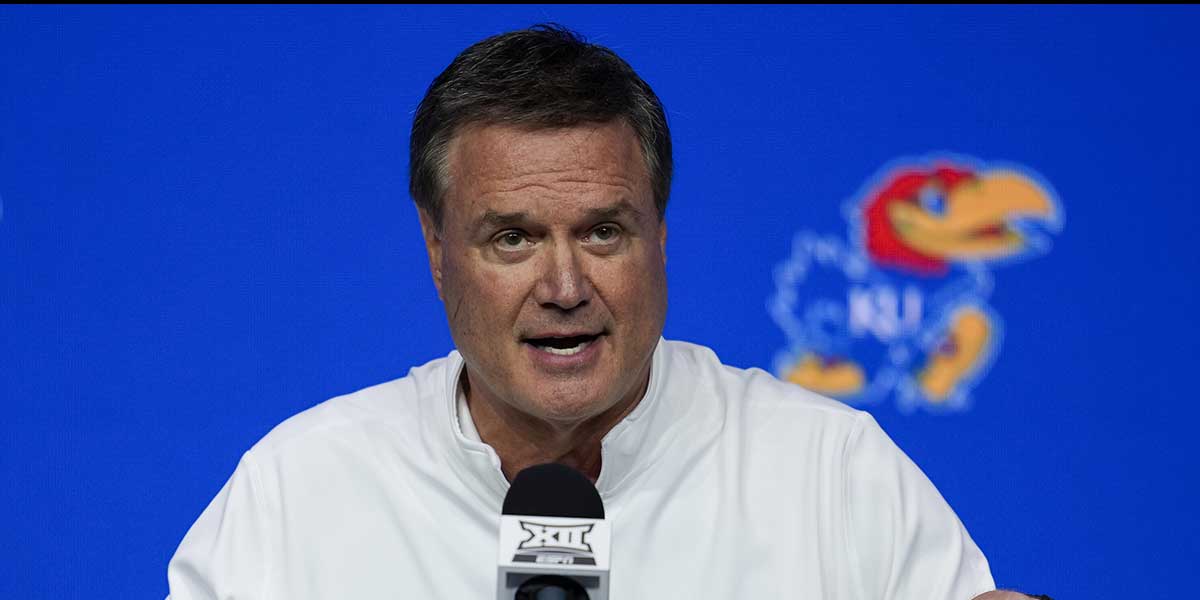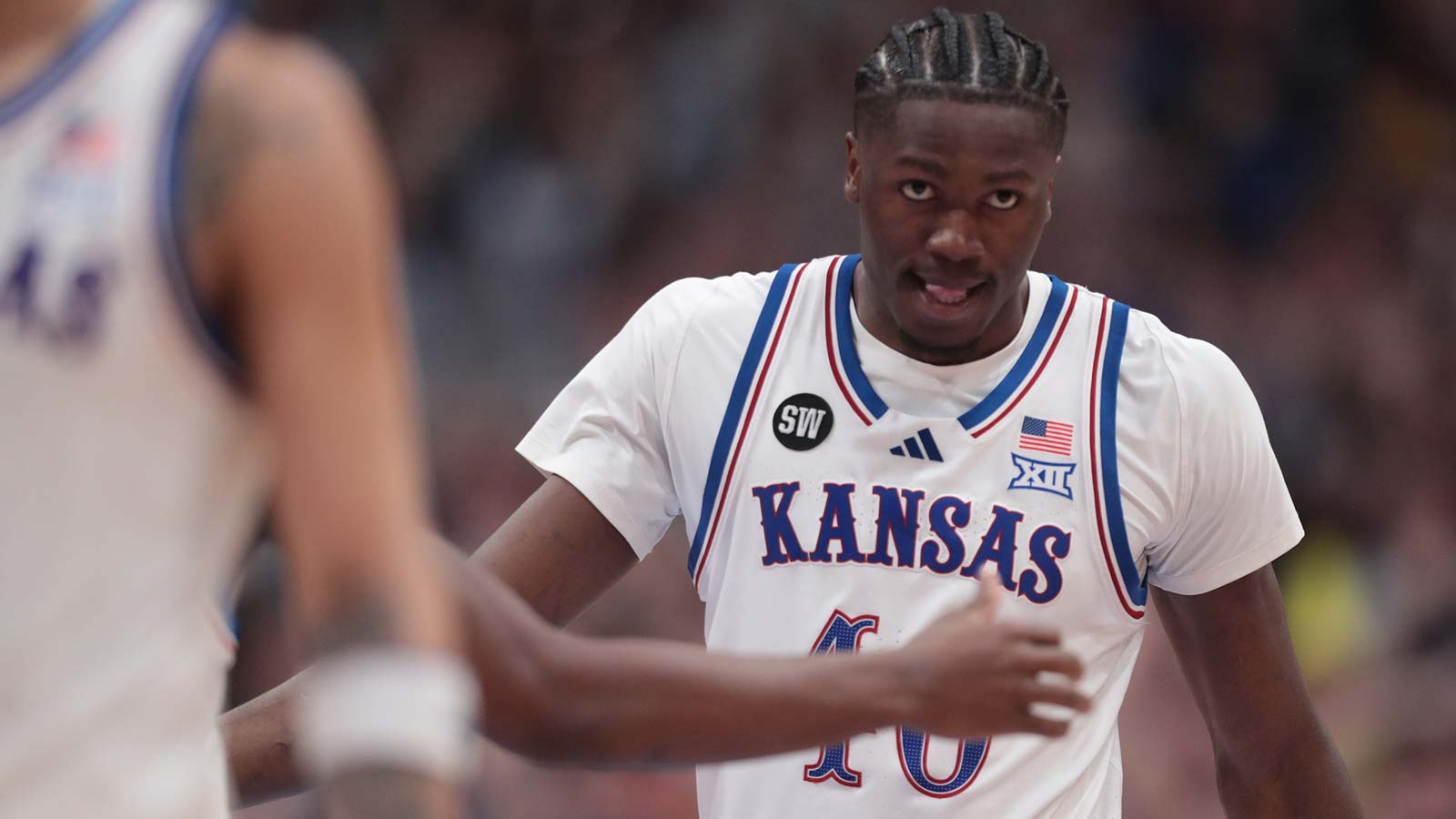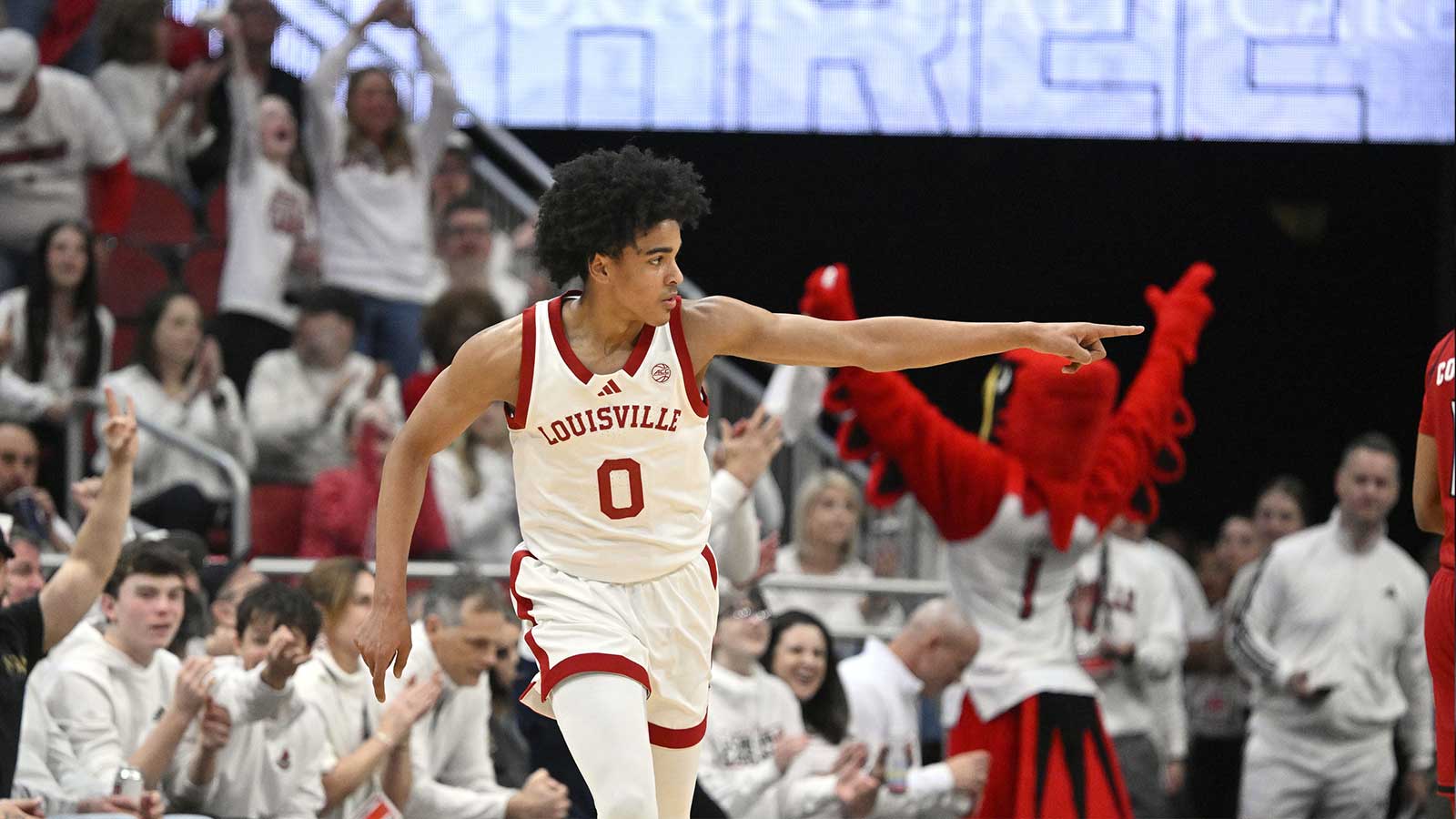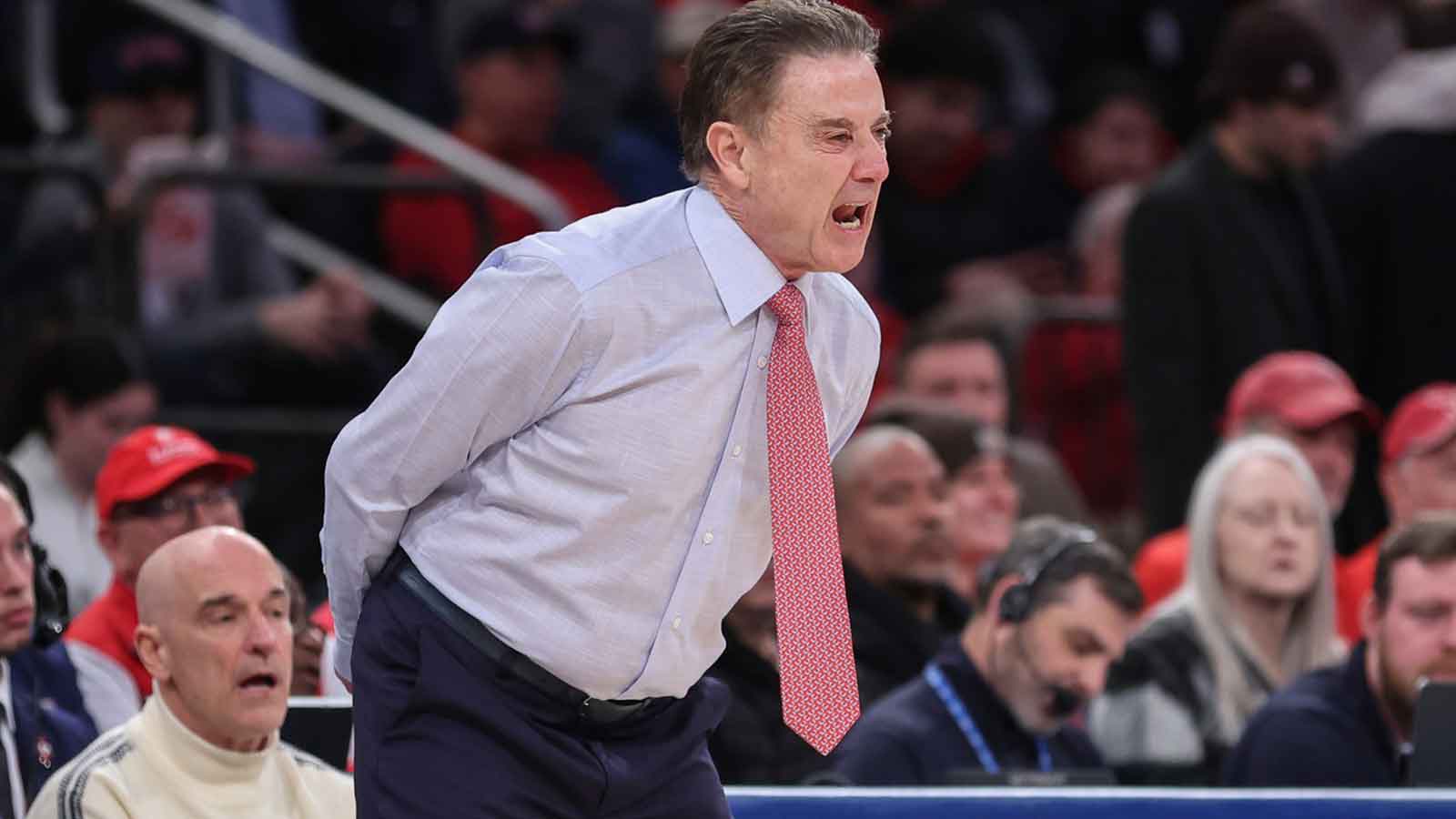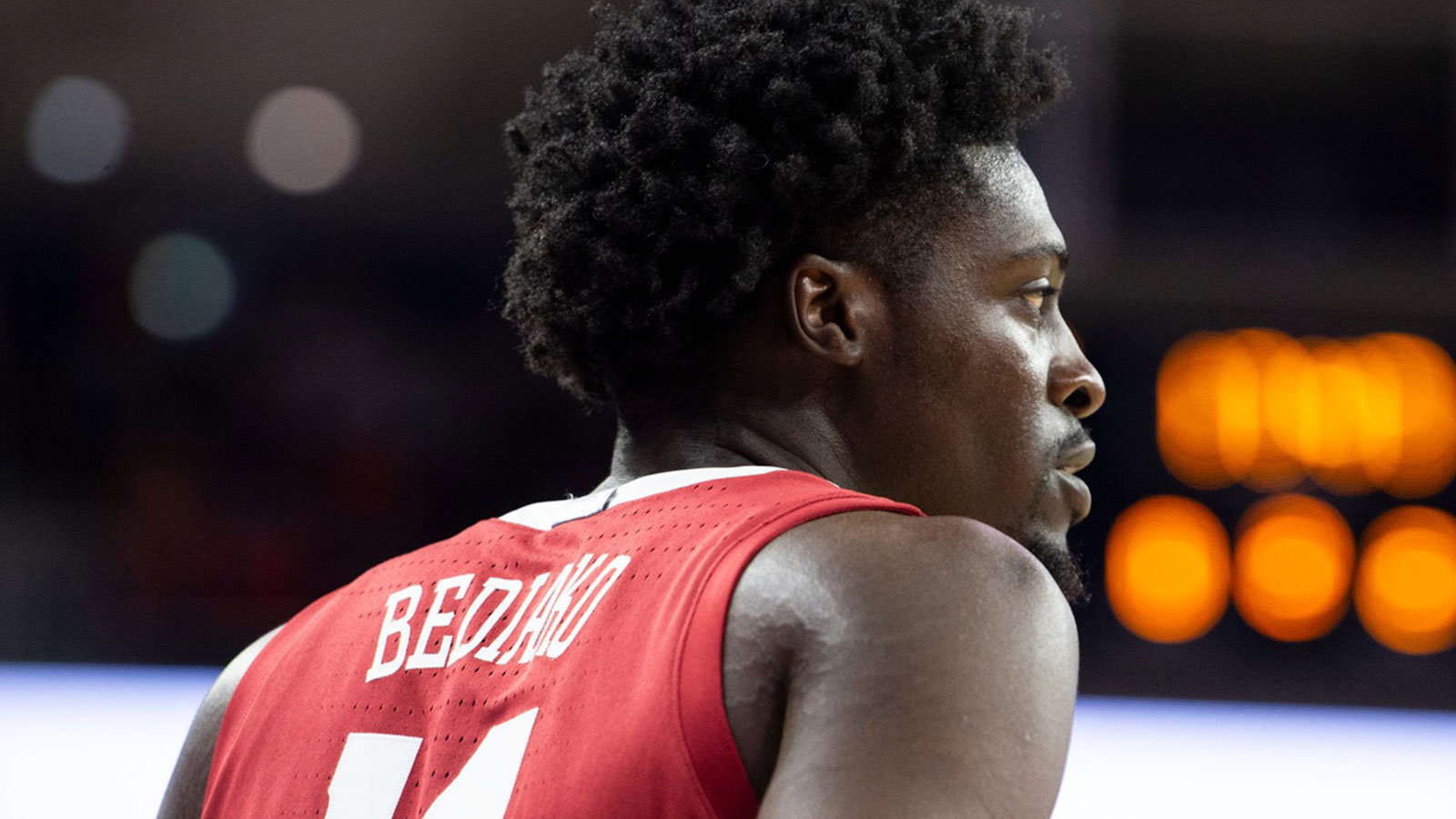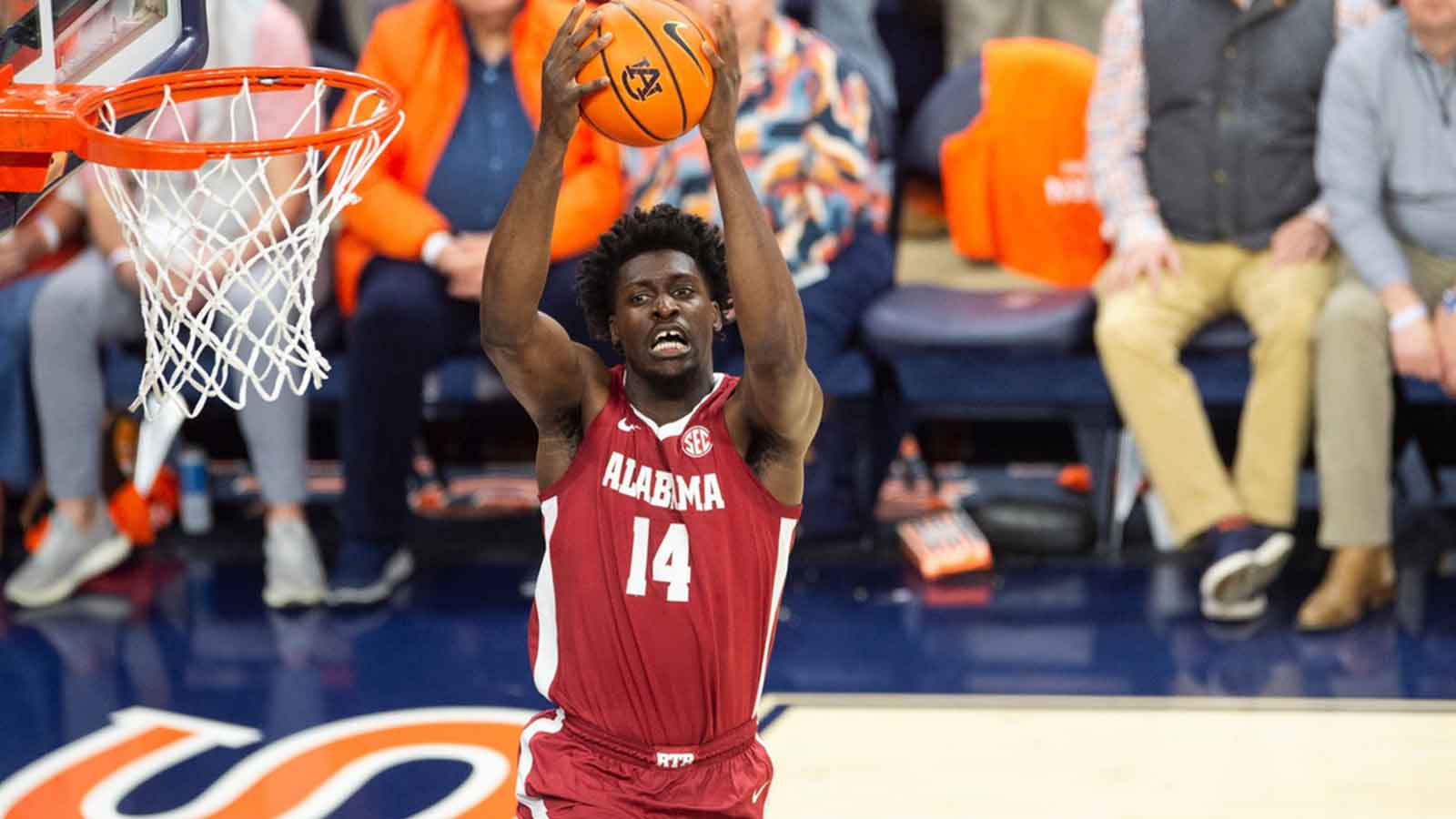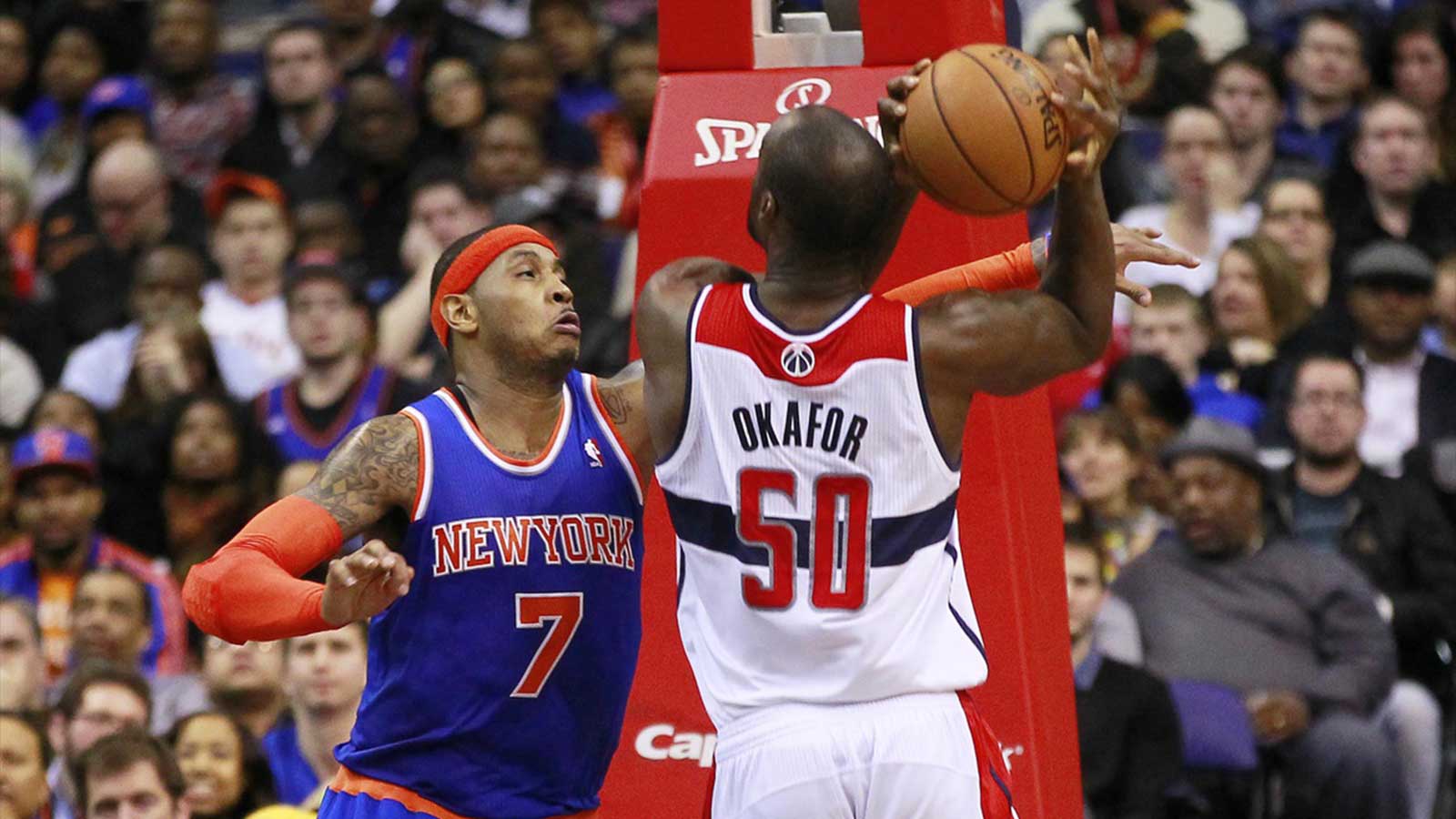With the NCAA women's basketball season fast approaching this November, a new set of rules is poised to shake up the game.
From cracking down on flopping to expanding apparel freedoms, here are some of the new rules the NCAA Women's Basketball Rules Committee and Playing Rules Oversight Panel gave the green light to for the 2023-24 and 2024-25 seasons.
The changes promise a season full of both surprises and adjustments for players and fans.
Impactful rule changes in NCAA women's basketball
One of the bigger rule changes coming this season is the NCAA’s crackdown on flopping. Teams will now be penalized for attempting to deceive officials into making erroneous foul calls, Caroline Makauskas of the Lexington Herald-Leader reported. Players who are called out for feigning fouls will get a team warning, and persistent deception can lead to two free throws and possession given to the opposing team. The NBA also just passed its own flopping rule for the upcoming season.
Players will also now be able to don whatever number they want on their jersey. Numbers from double-zero, zero to 99 are now allowed. And religious headwear is now permitted without a waiver, as long as it is safe. And teams can wear alternative uniforms that have the school’s identifying name rather than just the standard institution name.
Perhaps the most notable new rule in NCAA women's basketball is creating a new technical foul category for an infraction that follows a team warning, which has also been dubbed the “Caitlin Clark” rule, after Iowa's star guard.
As reported by Doug Feinberg of the Associated Press, players will no longer be subject to a technical foul for specific delay-of-game infractions under the new rule, a change that would have significantly impacted the outcome of the NCAA championship game in which Clark received a technical foul.
In a critical moment late in the third quarter, Clark failed to pass the ball to an official after a foul was called, which was deemed a delay of game by the officials. Since it was Iowa's second delay-of-game violation, Clark was charged with a technical foul. In college basketball, players receive a personal foul when assessed a technical foul, resulting in Clark's fourth foul of the game. However, under the new rule, the team would now receive the technical foul in such situations, alleviating the burden on individual players and potentially altering the dynamics of critical game moments.









